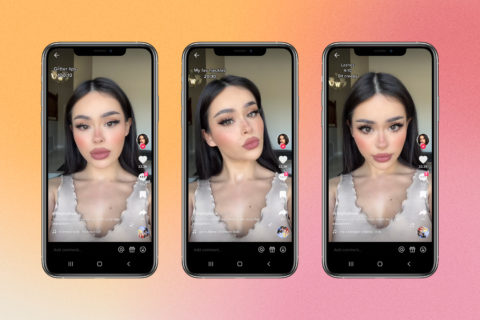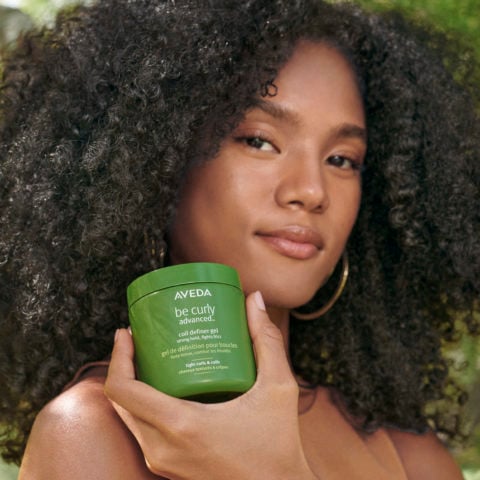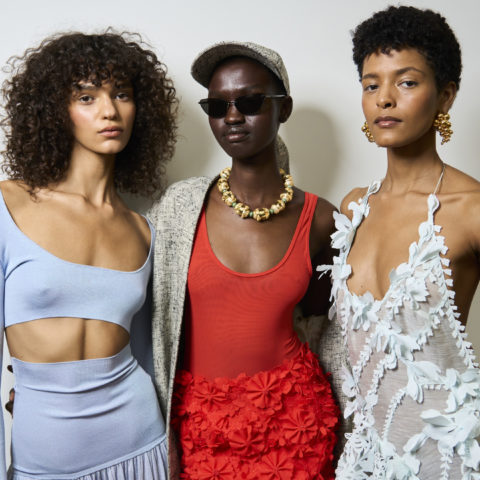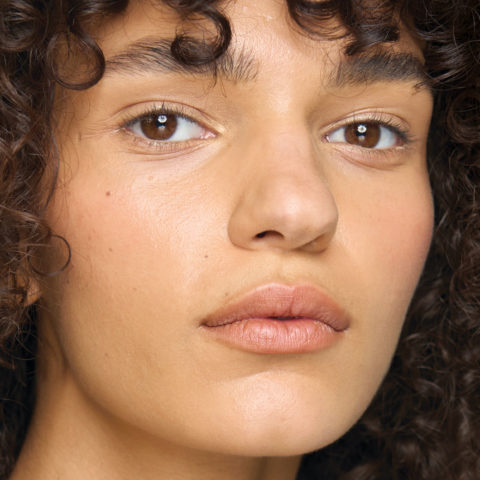TikTok Face is the New Instagram Face
And it might be even more insidious.
I was tapping my way through the filters on TikTok when a dark thought came to mind: is there something wrong with my face? My jaw slimmed and widened, my eyes enlarged and shrunk, and my lips filled out before losing volume again. In the end, I was left to sit with my filter-less features and an unpleasant realization: Instagram Face has been reborn on TikTok.
By now, we’re likely all familiar with Instagram Face: a racially ambiguous visage of high cheekbones, full lips and dramatic lashes that reigns supreme on social media. Jia Tolentino, who coined the term in a 2019 article for the New Yorker, called it “one of the oddest legacies of our rapidly expiring decade.” But if Instagram Face defined the 2010s, TikTok Face is set to become its 2020s successor.
On the video-sharing app, “beautifying” lenses are created to subtly reshape the face. Exhibit A: the “Light Makeup” filter, which has been praised by users for being “realistic.” In lieu of the smokey eye and dramatic contour you might see on Instagram stories, “Light Makeup” appears to simply smooth pores and add lashes.
But there’s more to this filter than meets the eye. On close inspection, I notice how it — ever so subtly — slenderizes my face, slims my nose and even reshapes my lips into a pout. With TikTok filters, it’s getting harder to tell when your features are being changed. And therein lies the problem.
The supposed authenticity of “Light Makeup” has created a situation where some users only post with the filter on. “I use it so much I start to think I look like this [in real life],” commented one user. “Finally got rid of my obsession [with] the ‘Light Makeup’ filter,” wrote another. “It started giving me face dysphoria.” And it’s not the only culprit.
Trending lenses like “My Fave Freckles,” “Pure Eyes,” and “Chanel” all altered my appearance in some way, whether it was by plumping my lips, slimming my face or lightening my eye colour.
@lilamack I say boys bc a lot would #filter #lightmakeup #prettyfilter
On TikTok, there’s a desire to be considered “beautiful.” The #BeautyScanner filter, for instance, went viral earlier this year for scanning users’ faces and spitting out a percentage that supposedly reflected their level of attractiveness.
To make matters worse, trending lenses can dictate what facial features are “in.” Certain filters darken your natural skin tone, while others, like “Fox Eyes,” stretch your eye shape. When these filters go viral, ethnic features become digital trends.
TikTok has come under fire in the past for disproportionately prioritizing white creators, and this can be seen in the filters that dominate the algorithm. Many users have pointed out that popular TikTok lenses, such as the “Glow Look” (which lightens your eyes, makes your lips bigger, and adds makeup and freckles), promote Eurocentric standards of beauty and only work on white complexions.
“For people of colour, when something that’s supposed to make us look ‘better’ can’t even work on our faces, it suggests that there’s something inherently wrong with our features,” writes Jennimai Nguyen for Mashable.
But really, Snapchat walked so Instagram and TikTok could run. In 2015, the app paved the way for face-altering filters with its viral cartoon dog lens and rainbow-puking animation. The term “Snapchat dysmorphia” was coined in 2020 after healthcare providers noticed the trend of “social media-induced dissatisfaction with appearance.” And now, TikTok has taken this peddling of perfection to another level entirely.
With its randomized algorithm and stream-of-consciousness content, TikTok is programmed to be more intimate than Instagram. Luckily, that means it can foster more self-awareness. In recent months, there’s been a growing movement that encourages users to ditch filters altogether. The trend consists of starting with a filter and then removing it to reveal your true appearance as a way of pushing back against the unrealistic standard of beauty filters.
@lavachump me when I was going to put TW:Jumpscare but then I realized that that would completely disregard what i’m saying in the post ✊🏻 lord help me
Coming out of the Instagram Face era, It’s refreshing seeing more creators choose to go filter-less. And maybe, if more of us make the same choice, we can even prevent TikTok Face from redefining beauty standards in the coming decade.








